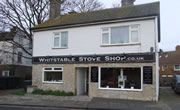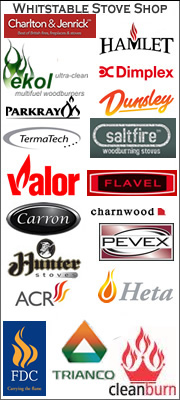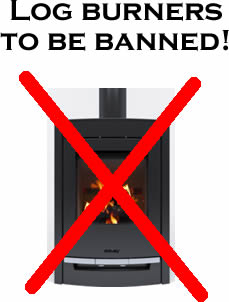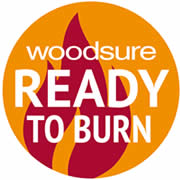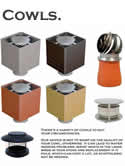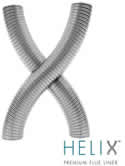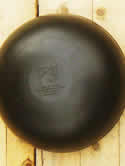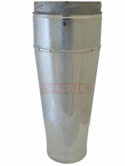Installation materials.
The last thing you need is for the materials used in your installation to fail, or not work as needed.Skimping on liners and cowls, as well as the cements, adhesives, paints and other materials used, is a false economy. Sure you can get a cheaper stove, cowl or liner on the 'interweb', but how long will it last - and will it do the job? If it's not up to the job, it could be a danger to your health and well-being, or to your property. Cheap imported materials and stoves can lead to dramatic failure, as in the case we heard about recently where a 'baffle plate' inside a stove actually exploded, due to its cheap steel manufacture, perhaps riddled with contaminants.
And of course, it's not just the materials you'd end up paying for again, it's re-installation, including perhaps, scaffolding, or ladder hire.
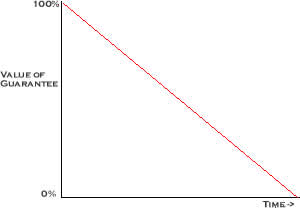
Liners are sold with a manufacturer's guarantee, often as an 'appliance lifetime guarantee', or for a set number of years. Most, if not all, guarantees are worked on a time related sliding scale, i.e. a liner with a twenty year guarantee failing in its 10th year, will only be eligible for 50% of the cost of a new one. So, don't expect 100% of what you paid for to be returned in subsequent years. The guarantee only covers the materials, not the cost of replacement.
So, buy a decent liner and cowl is our best advice. They'll last longer and be trouble free for many years, treated with respect.
Flue liners.
We insist on 904 grade liners when installing multi-fuel stoves. It's more expensive than 316 grade, but it can wthstand the higher temperatures involved. 316 grade is adequate for wood-burning only stoves. However you may decide to upgrade to 904 to 'future-proof' in case you change your mind later. (Not too much later though, any installer looking to your safety rather than an just an easy life or a better profit, would normally change an old liner on installing a new stove.)
Liners used are generally 5" (125mm) or 6" (150mm) in diameter and must be of the correct diameter dependent on compliance with building regulations, Document J being our 'Bible'. The diameter used depends on the stove type for the most part, as well as DEFRA approval.
Cheap liners are often the 'cut corner' that you don't know about until it's too late - they're hidden from view - and where unscrupulous installers will increase their profit margin. We promise to use a quality product on your installation.
Twin-wall insulated flues.
We use Eco ICID twin wall. It's very robust, very rust resistant and relatively easy to install. It also has some great design features which improve the aesthetics of the installation, both inside and outside the property.
Buy a cheap twin wall system and you can expect rust to penetrate the steel at some point and lead to water ingress problems, wet insulation etc. It's really not worth going 'cheap as chips' where flues are concerned.
Cheap twin wall flues are often the 'cut corner' that you don't know about until it's too late - and where unscrupulous installers will increase their profit margin. Initially, they'll look and perform as well as better quality flues, but don't expect it to last forever. We promise to use a quality product on your installation and give you a choice of appearances too. Flues don't have to look industrial. Smooth lines and almost seamless looks are possible.
Cowls.
There's a variety of cowls on the market, including spinning and anti-down-draught cowls, bird guards, rain caps etc. We tend not to use simple rain-caps, as birds can use these as shelters for their nests. You can ask for one to keep costs down if you wish, but it goes against our advice - if you've ever seen how much nest a seagull can build in a flue, you'll understand. Often the sticks, feathers, faeces and dead chicks can amount to 4 bin liners of debris. A bird guard may well be advisable even should you not have a log burner installed.
The minimum standard of cowls we'd recommend using include bird guard or anti-splash, or in installations where back-draught might be a problem, anti-down-draught cowls, including the incredible 'Fluecube', which is guaranteed to cure back-draught problems. We try to avoid the use of spinning cowls - they have moving parts which can jam, leading to expensive problems later on.
